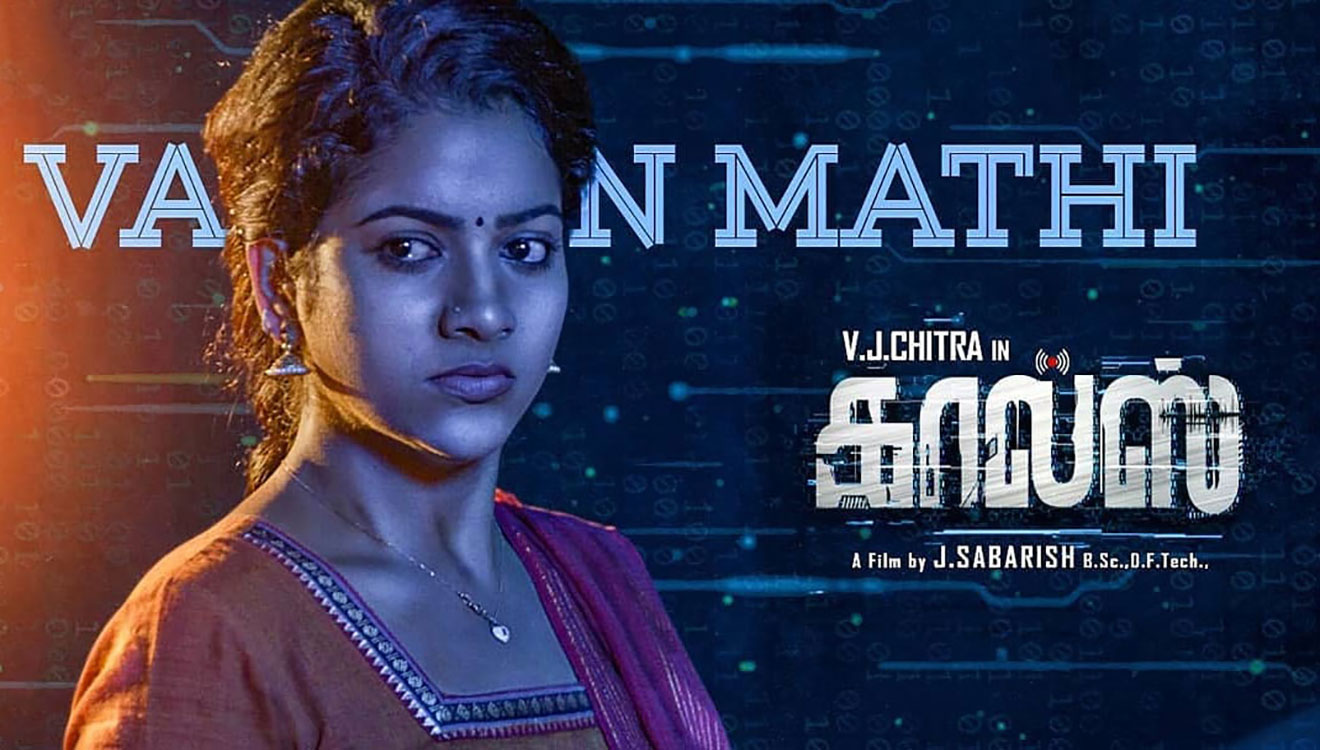(Spoiler alert)
In Laxman Utekar’s Mimi, a Hindi language drama, produced by Dinesh Vijan and Jio Studio, Mimi (Kriti Sanon), a 25-year-old dancer from a Rajasthan small-town, is hired by an American couple as a surrogate mother. Her primary motivation is the fat paycheque they offer, to run off to Mumbai and become a movie star. Closer to the day of the child’s birth, the biological parents abandon the project, thanks to the doctor’s warning that the child might be autistic, throwing Mimi off into a crisis she hadn’t foreseen.
The theme of surrogacy has been discussed in Hindi films before, in films such as Meghna Gulzar’s Filhaal (2001) and Chori Chori Chupke Chupke (2001). In Mimi, a remake of the Marathi film, Mala Aai Vhhaychy! (2011), the themes of surrogacy and motherhood are relegated to the background until the tail-end. In the foreground are rosy images of family and community in the Indian small-town. Mimi’s parents are poor and old-fashioned, but they turn out to be exceptionally kind. The child, despite his ambiguous paternity, finds an easy acceptance in the household. When she gives birth to a baby with blue eyes and Caucasian skin, the town folk are inquisitive, but they don’t shun the family. Bhanu (Pankaj Tripathi), a Delhi-based cab driver who acted as the broker in the surrogacy deal, becomes emotionally invested in Mimi’s pregnancy and assumes the responsibility of her guardian after she is left to fend for herself.
What thrusts out of these heartwarming portrayals is an effort to massage a nation’s ego, pitting ‘the poorer yet culturally superior’ India against the wealthier neoliberalist West. Every pivotal situation in Mimi has an undertow of this cultural chauvinism which, with the help of humour, sweeps India’s societal rot under the carpet.
For one, the child’s finding an easy acceptance in the small-town signifies India’s infamous colourism that stems from its caste system and a colonial hangover. Mimi doesn’t look into the bias but uses it to create more “heartwarming” moments.
After she comes to know of the American couple’s change of mind, Mimi makes an anti-abortion statement, in a close mid-shot, unsubtly addressing the audience. She, who had to twerk amid an army of male dancers and onlookers to an item song at the beginning of the film, states to the world that once the sperm has entered a woman’s system and made its home, she loses all rights over her body.
The characters speak a language that has, over the last decade, come to be Bollywood’s idea of the colloquial. Kriti Sanon, who looks every bit the suave movie star she is off-screen, swaps “please” for “pleej”, the film industry’s shorthand for unsophistication, to play the naïve small-town woman who believes she could rent a bungalow in Mumbai’s Juhu at the end of the surrogacy term. In the former half of the film, she is an unintelligent caricature of a feisty small-town woman. She is uninhibited enough to yell at a stalker in the middle of the street; her ambition to be a star is marked by lazy details such as her talking to the half-nude portrait of Ranveer Singh on the wall of her room. Although Sanon displays a few signs of a talented performer towards the end of the film, she doesn’t leave a wildly memorable moment.
The film spells out the town’s cultural mosaic using stock characters like Shama (Sai Tamhankar), Mimi’s best friend, and Atif, a young boy Mimi’s musician father tutors. They are passive participants in the narrative, whose place is solely defined by the relationship they share with their Hindu friend/patron. When Mimi’s parents throw a fit over her pregnancy, she gives them a bigger problem to worry about — the prospect of her having a Muslim husband. The household breaks down, the grandmother goes on the verge of getting a cardiac arrest. In a better movie with a well-thought-out screenplay, this would be a moment that mirrors the state of affairs in India. In Mimi, it is a stale joke that concludes with the revelation that the Muslim bit was a lie. The presence of Muslim characters — the ‘other’ — is a ruse. The film never transgresses the sacred lines.
The story takes a predictable trajectory rooted in Indian melodramatic aspects. Love and sacrifice win over material wealth. The woman, who had dreamt of conquering the big world, coolly settles into motherhood. The other woman, who had opted out of motherhood, suffers. Her husband, the sperm-donor, is, however, asked no questions. Did he really want a child? Does he regret leaving behind the baby? The film doesn’t want to know.
Recommended
And thanks to the mundane writing, it becomes the actors’ responsibility to bring some zing to the narrative. Tripathi is a fantastic actor who, like the late Irrfan Khan, ‘does a lot by doing so little’. His acting technique is minimalist, where humour is drawn from tiny movements or stillness. In Mimi, there is a hilarious moment where he squats on the verandah of Mimi’s house, eavesdropping on a conversation between her parents. The supporting actors like Tripathi and Sheikh Ishaque Mohammad (as Atif) elicit a sense of life in an otherwise listless film that has the disposition of a sanitary napkin commercial.
*****
The Mimi review is a Silverscreen original article. It was not paid for or commissioned by anyone associated with the movie. Silverscreen.in and its writers do not have any commercial relationship with movies that are reviewed on the site.



